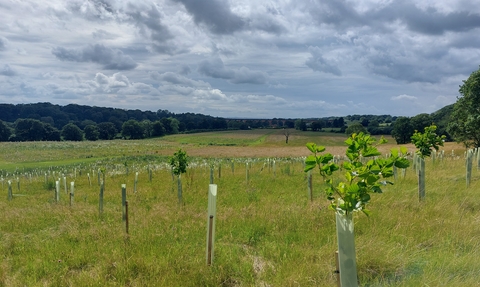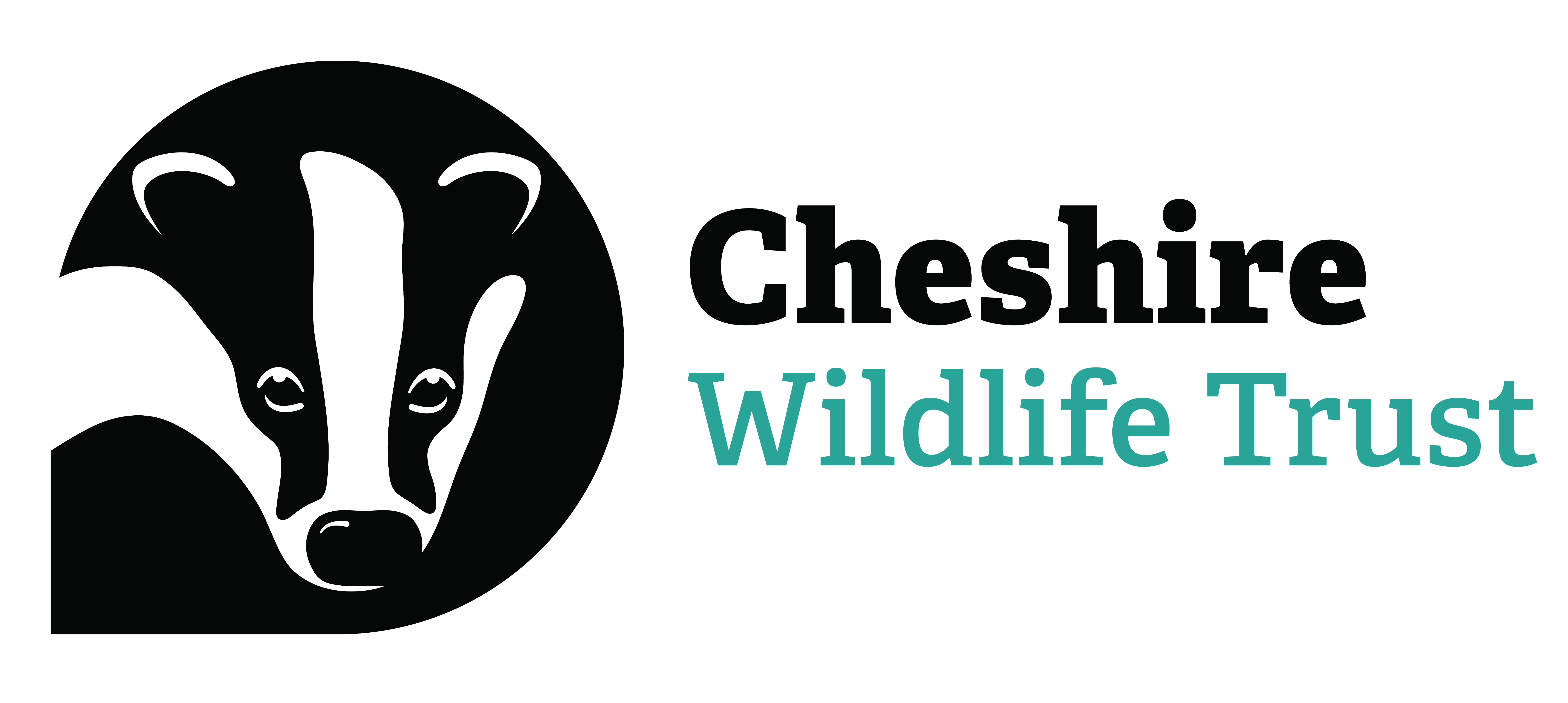
Working with us as a Responsible Body
Cheshire Wildlife Trust was appointed as a Responsible Body by Defra in July 2025. As a Responsible Body, we can enter into legally binding agreements with landowners and developers called ‘conservation covenants’, which establish the long-term protection of a landholding for nature conservation.
Conservation covenants secure long-term outcomes for nature conservation because they apply to both present and future owners of the land; the conservation commitments within an agreement are passed onto any future landowners.
Enquire about working with us as a Responsible Body
One of the key uses of a conservation covenant is to enable the delivery of Biodiversity Net Gain (BNG), a planning policy introduced earlier this year. Biodiversity Net Gain (BNG) is a planning approach to new development that aims to leave nature in a measurably better state than it was found, resulting in a net gain for biodiversity.
Conservation covenants provide an alternative legal mechanism to Section 106 agreements for securing biodiversity gain sites. As well as providing greater flexibility, one of the key benefits of a conservation covenant is that they take less time to obtain than a planning obligation via the local authority.
Find out more about BNG at CWT
Secure Long-Term Gains for Nature
We provide conservation covenants to support landowners delivering Biodiversity Net Gain. Our legally binding agreements ensure habitats are protected, with built-in monitoring and enforcement to guarantee results over the full 30-year term.
Protect Your Land for Future Generations
We offer conservation covenants to help landowners safeguard the natural, cultural, or heritage value of their land permanently and on your terms. Whether you're preserving wildlife habitats, securing irreplaceable habitats, or adding additional protections to Local Wildlife Sites, we can work with you to create a lasting legacy.




